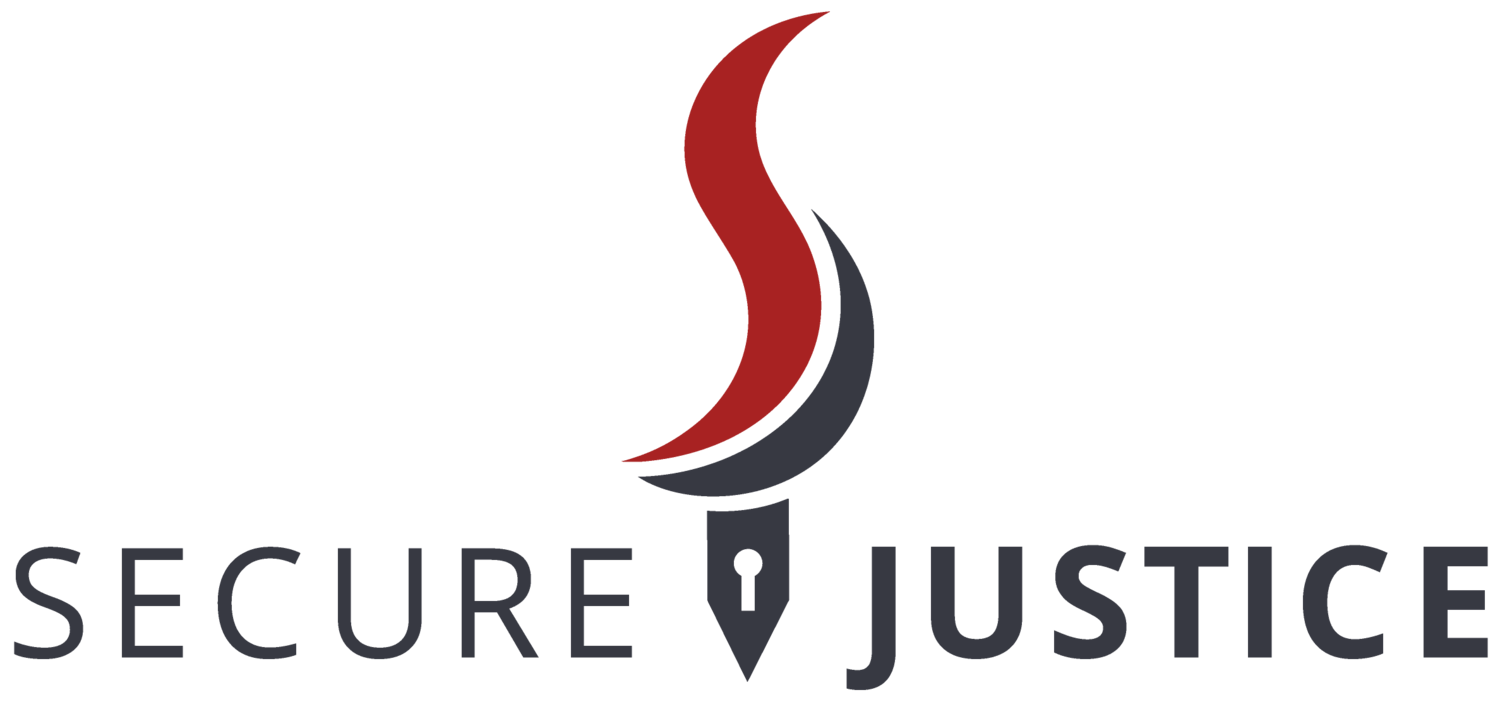Privacy Wins
Nashville, TN - We were asked to review and provide feedback on Nashville’s Automated License Plate Reader (“ALPR”) policy, which is presently in a pilot program. The City has informed us that they are in the second month of the trial. Although we found gaps in the working document, and remain hopeful that if the program is fully rolled out our feedback will be incorporated, we were nevertheless impressed with the quality of research into other jurisdictions that Nashville clearly undertook in making their own very good policy. In addition to narrow and non-controversial specific authorized uses, the City of Nashville has a 10-day retention period for scans not tied to an active investigation (which means that 99.99% of all scans will be deleted after 10 days, the historically static rate demonstrating that ALPR aren’t statistically effective crime fighting tools), putting them at the forefront in mitigating the harms from collection of multiple data points on any individual vehicle (and further contradicting the unjustified practice of far lengthier retention periods). Short retention periods are one of the most practical mitigation tools policy makers have in their toolbox. The greater accumulation of data points leads towards what civil libertarians call the “Mosaic Theory” - that while an individual data point might not infringe upon our privacy interests or civil liberties, by collecting and commingling multiple data points you begin to create a “mosaic” or portrait of someone’s life with alarming specificity. With just 4 data points we can generally identify anyone with a high confidence rate.
Check out Nashville’s working policy here.
San Diego, CA - Although it’s been a long road for the advocates pushing for an Oakland-inspired surveillance vetting and privacy advisory board framework to be installed, the Board has finally been seated and held a meeting to elect its inaugural chair (Ike Anyanetu) and vice-chair (Pegah Parsi). They expect to get started soon on the big task ahead of them - crafting use policies for the very many technologies possessed by the 8th largest city in the country. Folks on the ground in San Diego tell us that the Board is made up of skilled individuals, and we’re looking forward to their future work product.
Check out the Board here.
